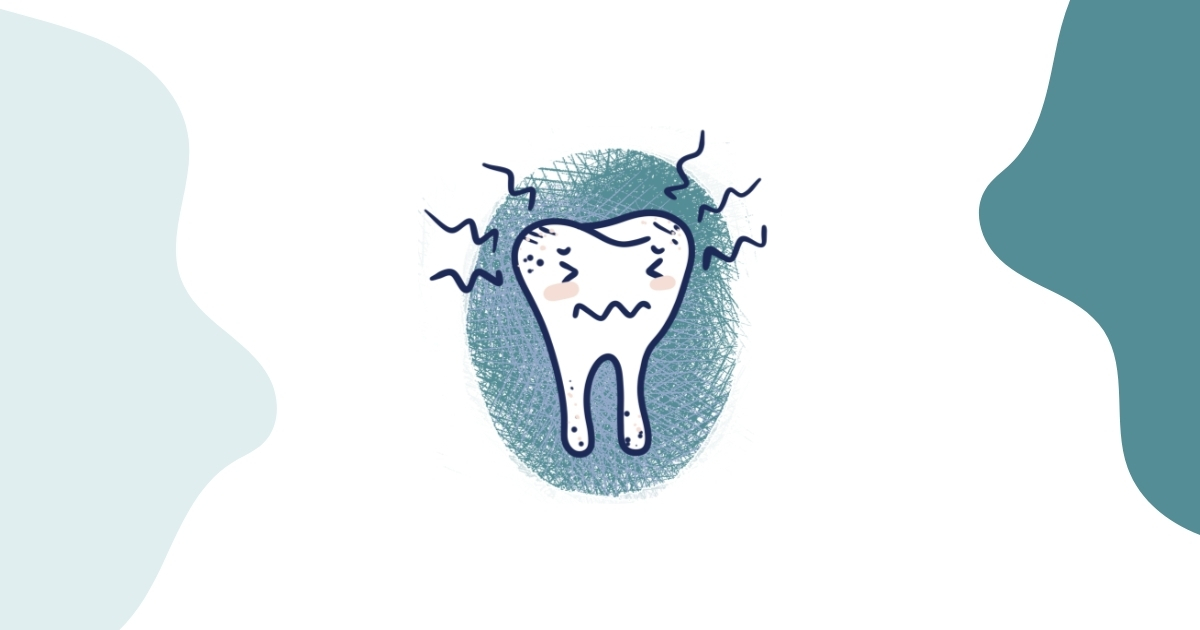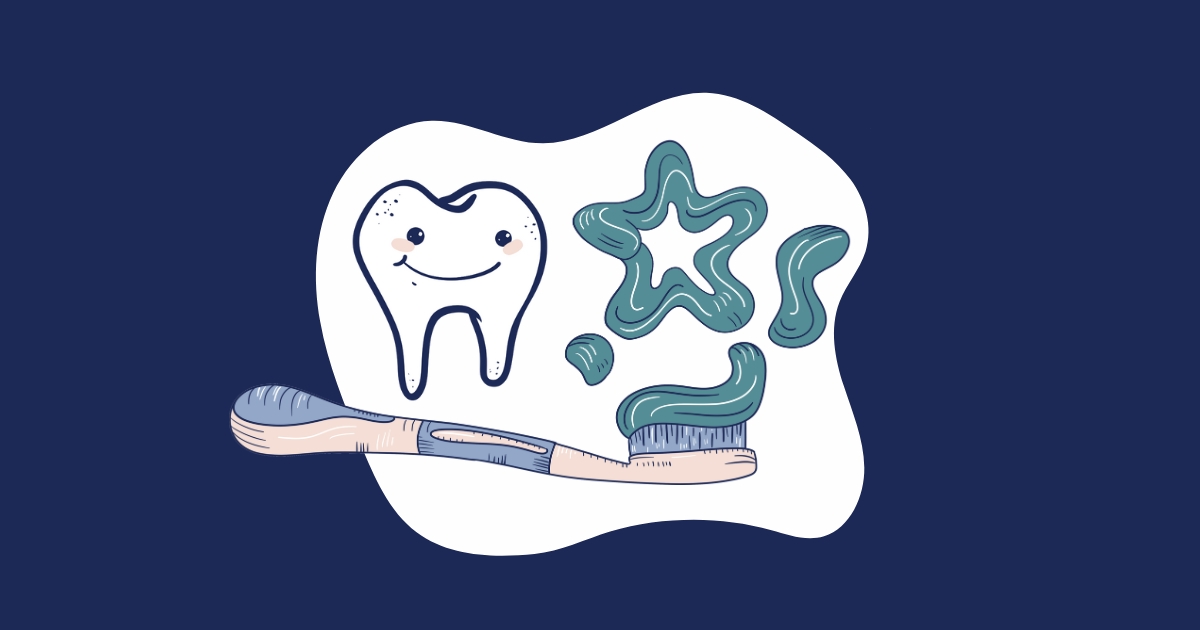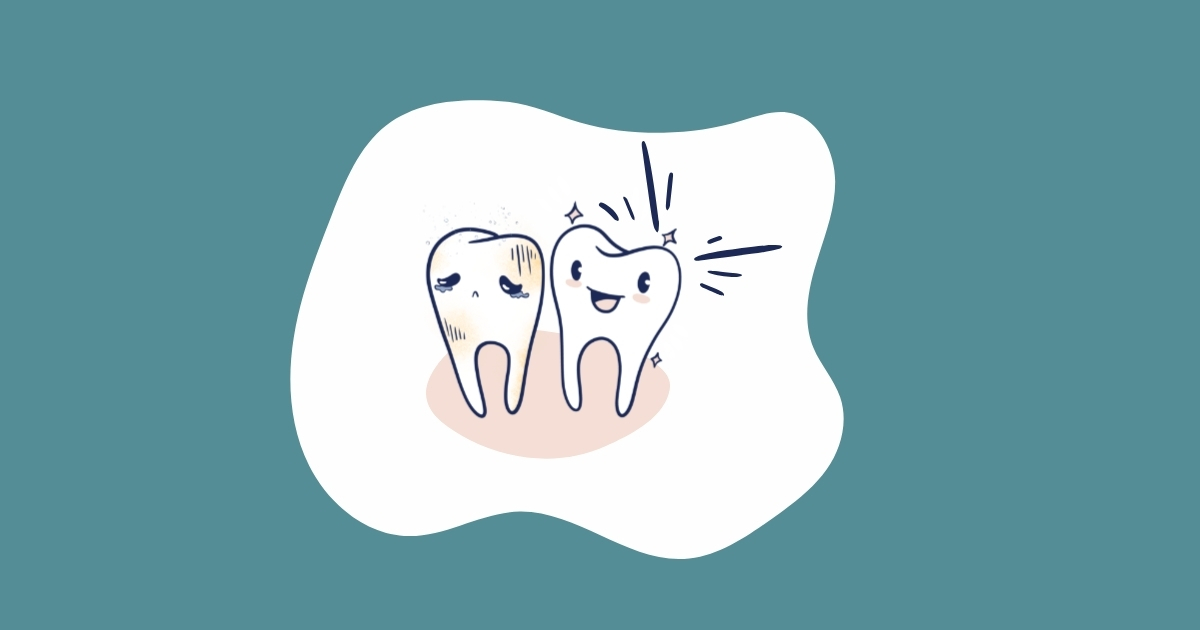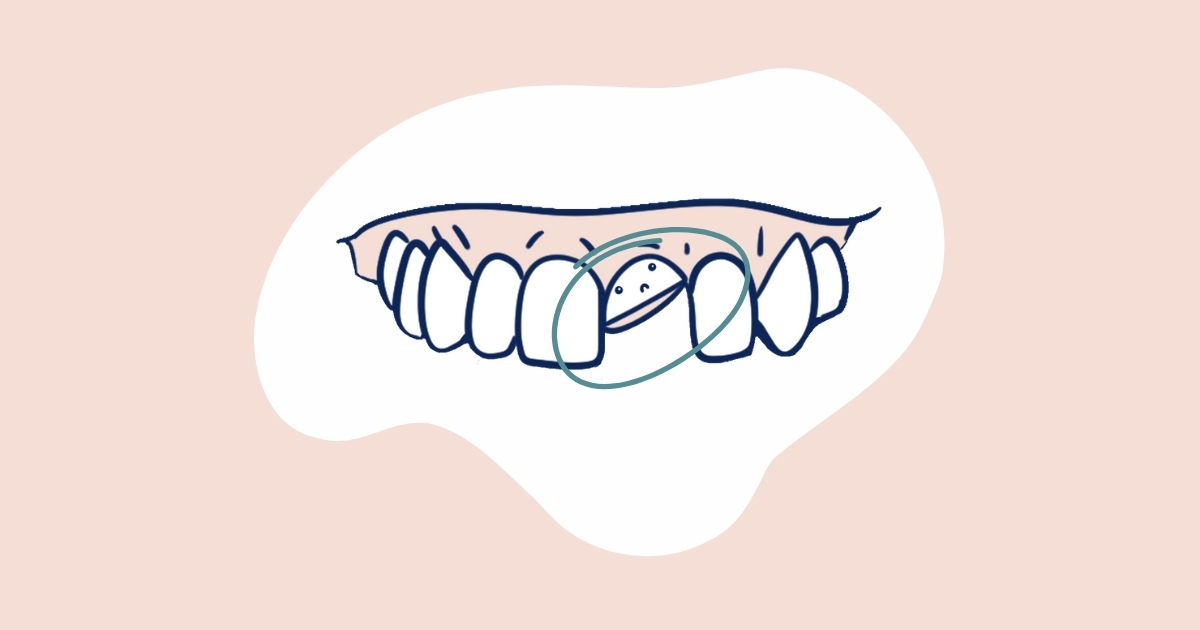There it is again. That little twinge that tells you something isn’t quite right. It leaves you asking, “why is my tooth sensitive?”
You’re supposed to enjoy that ice cream, but the cold is just too much for your teeth. If you feel discomfort or pain when eating hot and cold foods or while brushing your teeth, your body is trying to tell you something.
Tooth sensitivity is one of the first signs that something could be wrong with your teeth or gums. Let’s take a closer look at what can cause tooth sensitivity and how Bass Dentistry can help you manage it.
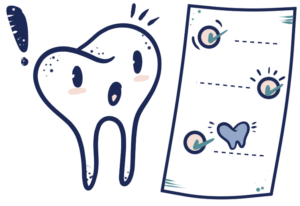
What Causes Tooth Sensitivity?
Your tooth sensitivity could result from several things — some of which are routine and easily treatable, some of which are more serious and require further intervention. Here are some of the reasons you might have sensitive teeth:
Tooth Decay
When tooth decay begins, it creates an opening in your tooth that allows cold sensations to get closer to the nerve. When only one tooth is sensitive in an area, that could be a sign that a cavity is starting. Slight sensitivity may mean a small cavity. However, severe sensitivity or lingering pain may indicate the cavity has infected the nerve — that needs to be evaluated by your dentist as soon as possible!
Thinning Enamel
Thinner enamel means that the dentin underneath is less protected, making it more sensitive to temperature changes and more vulnerable to cavities. Enamel can get thinner over time due to abrasive toothpaste, overly aggressive brushing, or acid erosion from diet or acid reflux. Diets high in sugar enable bacteria to thrive and produce acids that eat away at your tooth enamel. Acidic foods directly demineralize the tooth enamel and wear thin more quickly. Without proper remineralization, your teeth may become more sensitive.
Exposed Tooth Root
Exposed tooth roots are most commonly caused by periodontal disease (gum disease). Inflammation in the gums causes bone loss and erodes gum attachment to the tooth root. When the root is exposed, sensitive nerves are exposed too. Gum recession can also be caused by brushing too hard at the gum line, which pushes the gum line down. Additionally, smoking and using smokeless tobacco can contribute to gum recession and tooth root exposure.
Teeth Grinding
You may not even know that you’re clenching your jaw or grinding your teeth. These actions can cause thinning tooth enamel and cracked teeth, leading to tooth sensitivity.
Cracked Tooth or Filling
If you notice a particularly sharp pain when you brush, bite down, or ingest something very hot or cold, you may have a cracked tooth or filling. The crack allows the cold/hot food and bacteria from your mouth close to the nerve of your tooth, making it extra sensitive and vulnerable to infection.
Frequent Use of Harsh Whitening Products
Whitening treatments every once in a while, especially if done by a professional, are generally safe for your teeth. But frequent use of harsh whitening products can damage your tooth enamel and gums, leading to tooth sensitivity and pain.
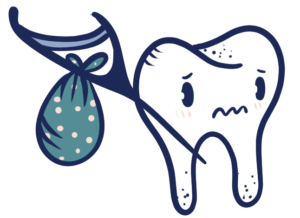
Does Tooth Sensitivity Go Away?
In some cases, tooth sensitivity can be reduced or eliminated with proper treatment. In other cases, like having a genetic predisposition for sensitive teeth, your issue won’t disappear. Your treatment options depend on your specific situation.
If your issue is a cracked tooth or filling, your dentist can solve it with a new filling, root canal, crown, or another appropriate procedure. Fluoride treatments can help fortify tooth enamel against decay and reduce sensitivity. Gum disease, receding gums, and exposed roots may require specialized periodontal treatments. If your teeth are just naturally sensitive, you can use a soft-bristled toothbrush and a toothpaste formulated for sensitive teeth.
The most important thing to remember is that undiagnosed, untreated tooth sensitivity won’t go away on its own, and it could lead to more dental problems. Make an appointment with your dentist at the first sign of tooth sensitivity so they can help you discover the cause of and best treatment for your issue.
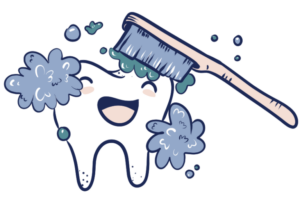
How to Prevent Tooth Sensitivity
The best way to prevent tooth sensitivity is to maintain excellent daily oral health habits and visit your dentist twice a year. Proper brushing with fluoride toothpaste, allowing your teeth time to remineralize, flossing regularly, and avoiding tobacco products are all fantastic ways to stop tooth sensitivity before it starts.
If you notice an unusual twinge of discomfort when you brush or tooth pain when trying to enjoy a cold beverage, call us at 704.864.9949 or book an appointment online. Your teeth are sensitive for a reason — Dr. Bass and our friendly staff will help you find out what that reason is and provide the best treatment available for your specific needs.
Healthy Gums,
Healthy Life
If dental health is important to you and your family, take steps to know how to keep your gums healthy. Gum health is essential to maintaining healthy teeth and overall good dental hygiene. Brush and floss multiple times per day, avoid tobacco products, and use a therapeutic mouthwash.
If you want to know more about maintaining a healthy smile, book an appointment today with Bass Dentistry.

